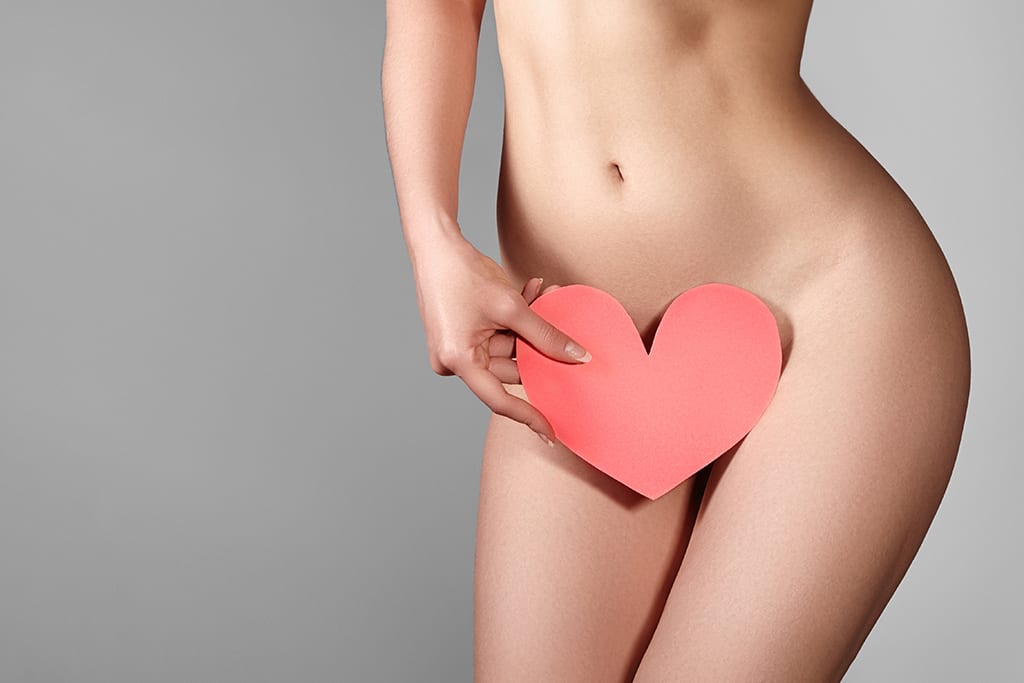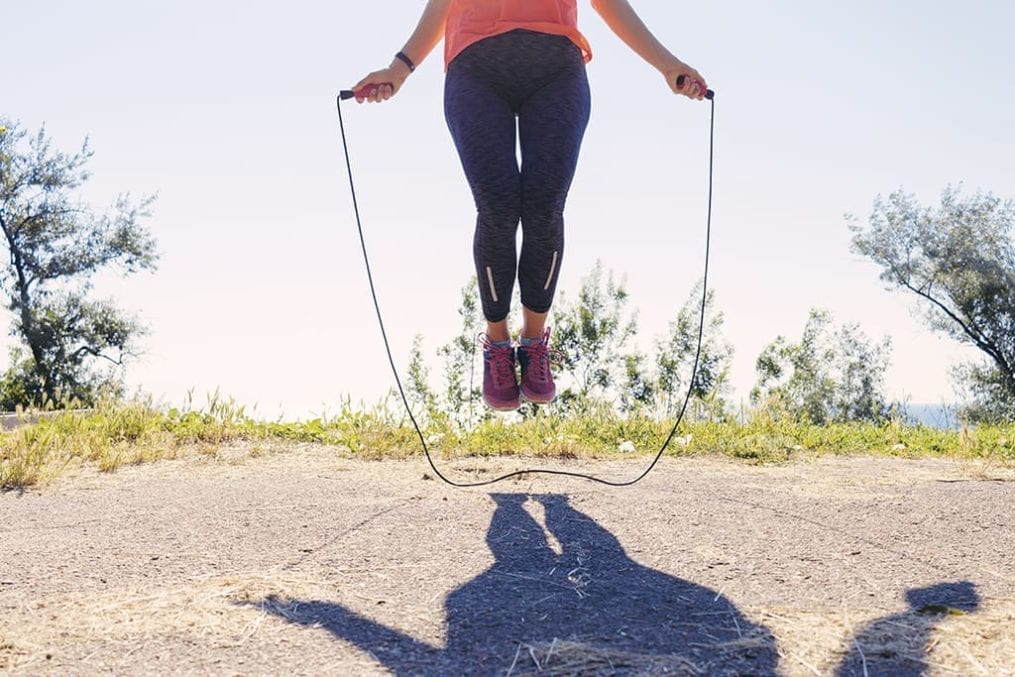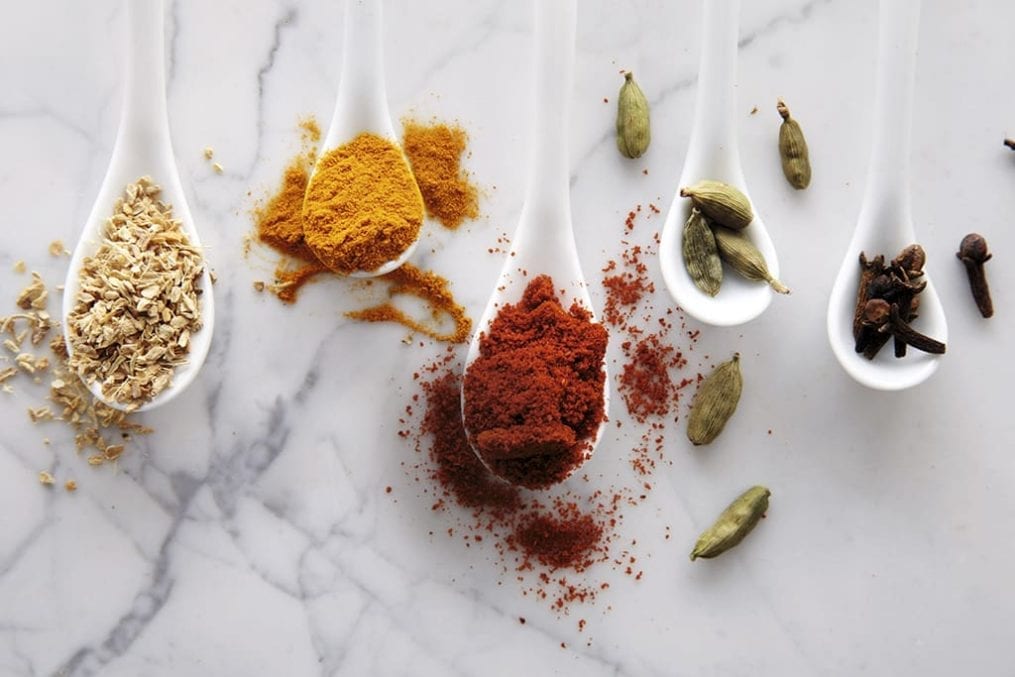Happy V-day: 8 ways to keep your vagina happy and healthy

Forget last-minute flowers and a naff card – this Valentine’s Day it’s all about looking after number one: your vagina.
The happiness and health of your intimate body parts should be high on your list of priorities all year around, just like looking after any other aspect of your health.
So we spoke to Stephanie Taylor, women’s health advocate and Managing Director of Kegel8, on her top tips every woman should follow:
1 Save, don’t shave
A recent study found that 84 per cent of women had shaved their pubic hair at least once in the past month, with 50 per cent reporting they were hair-free.
While some women may feel cleaner, more comfortable or even sexier when they shave, pubic hair does serve a purpose. It protects from bacteria and infections such as folliculitis (inflamed hair follicles), absorbs sweat and acts as a buffer against friction.
2 Stay balanced
You might not know it, but vaginas are actually self-cleaning thanks to good bacteria known as Lactobacilli.
Using perfumed shower gels, bubble baths, moisturisers and wipes can upset your carefully balanced pH levels, potentially leaving you with uncomfortable thrush or bacterial vaginosis. So, next time you’re shopping, opt for perfume-free or sensitive products.
Read more: 5 intimate symptoms you should never ignore
3 Brief encounters
Sexy underwear and Valentine’s Day go hand in hand but the last thing you want is your fun ruined by a urinary tract infection (UTI).
When it comes to pelvic health, some underwear is better for you than others. Typically, thongs are tight-fitting and sit close to the skin, moving back and forth throughout the day which can contribute to a UTI.
No matter what style you prefer, always try to opt for cotton which is the most breathable fabric, helping to keep moisture at bay.
4 Hello hydration
Hitting the daily recommended H2O level can be a struggle, but if the promise of glowing skin and more energy doesn’t incentivise you, maybe your vagina might.
The more dehydrated you are, the drier you’ll be down there, which could lead to issues like an infection, itching or burning.
Depending on how active you are, you should aim to drink between two and three litres of water a day. If the thought of tap water bores you, jazz it up with citrus fruits, cucumber and mint.
5 Work your pelvic floor
Pelvic floor weakness is often thought of as an “old woman problem” but the truth is it can affect any woman at any point in her life.
If you ignore your pelvic floor, you could end up with bladder incontinence, prolapse or a loss of sensation during sex.
Pelvic floor exercises should be part of your daily routine and if you need an extra helping hand, try a pelvic toner which uses electrical impulses to stimulate those all-important muscles.
6 The golden rule
While there are many myths when it comes to sex, there’s one piece of advice you should always heed: peeing after sex.
That’s because clearing your bladder instantly flushes out any bacteria in your vagina and urinary tract, cutting your risk of getting a UTI.
You may not feel the sensation to go immediately after, but don’t worry, as long as it’s done within a reasonable amount of time you can relax.
7 Change after the gym
The thought of brunch after a sweaty workout might be a great motivator, but staying in your gym clothes for too long is bad news for vagina.
Sweaty clothes and underwear create the perfect breeding ground for bad bacteria, particularly if they’re tight and made from latex or polyester. So, have a quick shower and put on fresh clothes before you get on with the rest of your day.
8 Get to know your flow
Periods aren’t always predictable. If you often find yourself caught short or waiting and waiting, download a fertility tracking app to help you keep tabs on your cycle. This way you can ensure better period hygiene.
When your flow does start it’ll be at its heaviest for the first day or two. Make sure to change your pad frequently (at least every 4 hours) and opt for a thicker night-time towel.
If you prefer tampons, always use the smallest size you can and never leave one in longer than eight hours to avoid putting yourself at risk of Toxic Shock Syndrome (TSS).
Read more: 6 things you didn’t know about your periods











